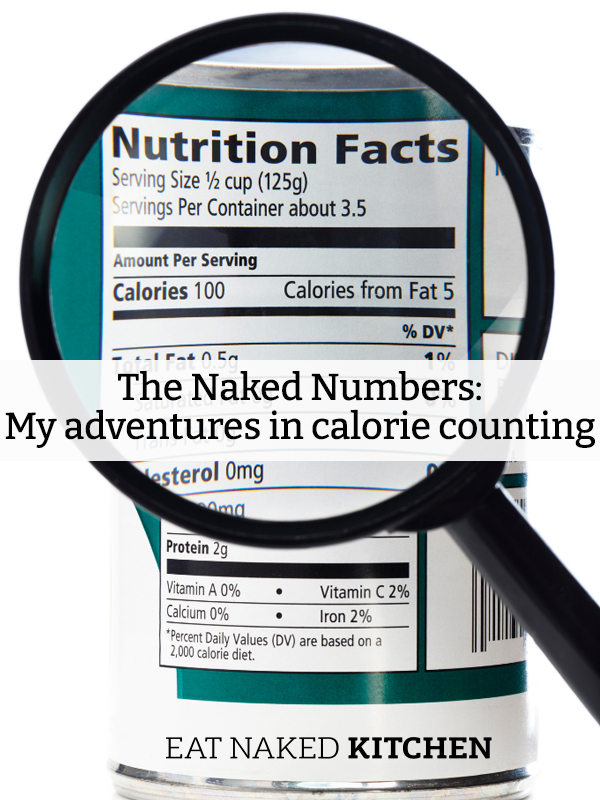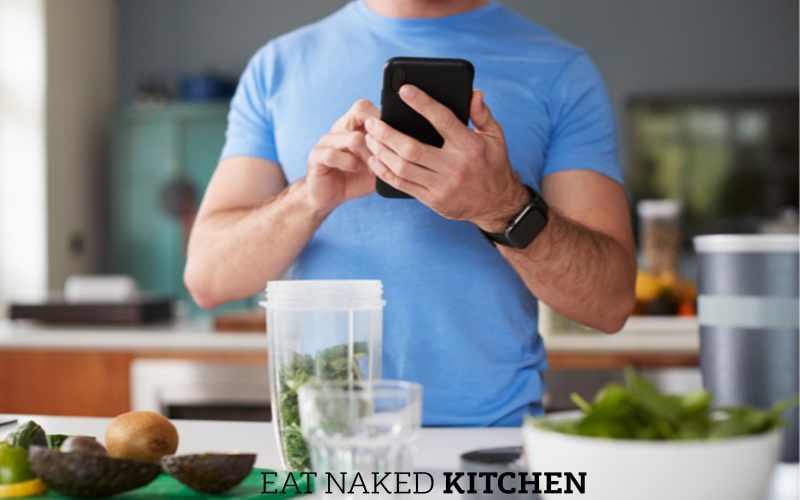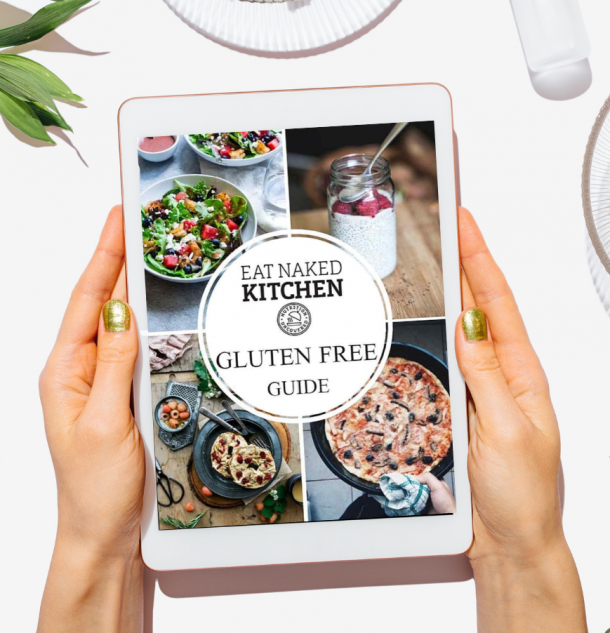I’m not a big calorie counter. Actually, that’s an understatement. I’ve never counted a calorie in my life. That might seem odd for someone this deep into nutrition, but I fundamentally believe that the whole calories-in/calories-out thing is such a teensy part of the equation when it comes to health and yes, even to weight loss, that I’ve basically ignored it.
Also – naked truth here – I have a long ago history of being rather obsessive about my food intake and weight, and not in a good way. Calorie counting is a slippery slope for me and I feared it would send me into an unhealthy spiral.
So then why did I suddenly decide to track my caloric intake for a week?
Good question.
I don’t have much of an answer other than sheer curiosity. Also, it started to feel like a gap in my knowledge. I find it upsetting when nutritional professionals don’t acknowledge the importance of quality, nutrient-dense foods in our diet, so how is my ignorance of caloric count any different?
To help me through this week of math (not at all my strong point), I downloaded an iPhone app that tracks caloric intake and energy output. For a week I made every effort to accurately track my calories.
Here’s what I learned:
Calories on a page have very little to do with how I actually feel. One day I ate significantly more than my caloric requirements (according to their calculation based on my height, weight, and activity level), and yet I was still peckish. The next day, despite my early morning 10-mile run, I barely ate half of my requirement and I felt stuffed, but somehow felt compelled to keep eating because of the gap in the numbers. This is completely counter to how I counsel my clients (and myself) to trust your body. I found myself putting the numbers ahead of my own innate instincts. Slippery slope indeed.
Calorie counting feeds a cycle of guilt and encourages a self-punishing relationship with food. I’m a healthy person. I eat nutrient-dense, whole foods, most of which I prepare myself. I love to eat, I love to move, and for the most part, I feel good in my skin. During the week of calorie counting these numbers affected every food decision I made. I stuck to what I know works best for my body, but I was hyper-aware of how it would show up on my little end-of-day calorie report.
Calorie counting puts numbers ahead of pleasure. Who can relax into dinner when you’re worried about calories? Since one of the primary ways we satisfy our body’s innate need for pleasure is through food, this feels very counterintuitive.
From a logistical perspective, calorie counting is a total pain in the butt, especially if you prepare most of your own food. You have to know the exact amounts of each ingredient, serving, and so on. Wow. Far easier if you’re eating packaged, processed food (!!) for which all this work has been already done. For an improvisational cook using whole foods, this is really hard.
Ultimately, calorie counting taught me very little about my food, my diet, or my health. Sure, I gained a better understanding of the number of calories in a specific food, but what does that tell me? It doesn’t account for the quality, source, or nutrient-density of the food. It doesn’t account for how it was prepared. It doesn’t account for how my body’s digesting and using it. Ultimately, if I had let calories be my guide, I would have chosen nutrient-void foods simply to avoid excessive calories, and over the long term, my health would have suffered.
The end result? I can now say I’ve tried calorie counting and I gave it a full week, but I can guarantee I won’t be making that a long-term habit anytime soon. So many more important things to do and watch for, namely my own instincts.
Do you hate calorie counting just like me but wanting to shift some weight and get your energy back? Try our Real Food Reboot – no calorie counting, just delicious real food! Get back to basics and reclaim your relationship with food.





Thank you. This is a wonderful account of your experiences calorie counting. I have a number of friends who’ve been doing this for a long time and to me, it seems to be joyless work (which is why I’ve never done it either). I love your approach to nutrition and I thank you for being my number one teacher in this area.
So true. From my early days as a gymnast and dancer, I have the unfortunate and uncontrollable propensity to add up every calorie I eat and burn off, and I’m now well into my 30’s. So even though I eat a nutritious, whole-foods, plant-based diet, I still make the wrong decisions from time to time in the interest of calories, such as eliminating nuts and seeds and avocados, which would greatly benefit my health if I allowed for their presence in my diet. Still searching for the remedy, since I seem to be innately programmed to know the caloric content of any given food!
Love this post Margaret. I’ve been saying this to people for the longest time – don’t read calorie labels, read the ingredients label!! So much more important! And, I love your approach – try it yourself and see how it goes. And you did indeed see how well (or not well) that worked out. But now you know from experience, not just from a theoretical standpoint, and that will make you an even better nutritional therapist in the end. Thank you for the hard and fast results on why we should continue to ignore the ol’ calorie counting method 🙂
Thanks for doing this, Margaret! I’ve always been curious about calories myself since I gave up my slightly-obsessive calorie-counting ways many years ago. I have often suspected that calories are not created equal and the demands of our bodies vary from day-to-day and person-to-person as well. Great work!
Thanks you guys! Yes, it’s such a meaningless indicator really. Just a tiny fraction of what’s going on nourishment-wise.
I hate calorie counting – but never connected the negative eating experience etc from being worried about a number! Thanks for the post ?